In the southernmost part of Khulna lies Sundarbanghera Upazila Koira, where a remarkable agricultural transformation has taken place in just three years. Previously, excessive salinity rendered farming nearly impossible, forcing farmers to rely solely on paddy cultivation during the rainy season. However, a shift towards salt-tolerant crops has turned the tide, leading to a significant increase in income for local farmers.
Farmers in Koira have adapted to cultivating salt-tolerant crops following various natural disasters like Sidor, Aila, Fani, Bulbul, and Ampan. Through government and private organizations, they have received training and support to diversify their crops, including paddy, fruits, vegetables, and fish, resulting in substantial profits.
Recent observations in Koira reveal a flourishing agricultural landscape, with vast fields adorned with brinjal (eggplant) and bamboo lofts housing fish enclosures. Villagers have embraced integrated farming practices, cultivating a variety of crops alongside fish farming, further enhancing their livelihoods.
Abdul Rashid and Badal Roy, once agricultural laborers, have now become successful farmers, thanks to their perseverance and innovative farming techniques. Rahima, another farmer, has seen significant returns from integrated fish and vegetable farming, demonstrating the viability of diversified agriculture in the region.
According to the Upazila Agriculture Office, Koira has witnessed a surge in vegetable production, with eggplant and watermelon cultivation leading the way. Additionally, sunflower, maize, rice, sorghum, and sweet potato cultivation have contributed to the agricultural renaissance in the area.
The success story of Koira can be attributed to ongoing research efforts by institutions like the Bangladesh Agricultural Research Institute (BARI) to develop salt-tolerant crop varieties. With improved seeds and production technologies, farmers in Koira have overcome salinity challenges, paving the way for a sustainable agricultural future in the region.



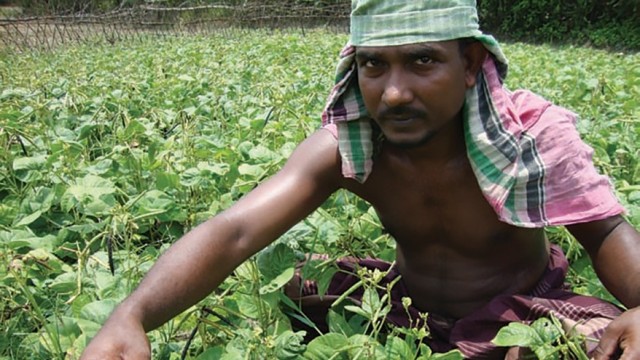
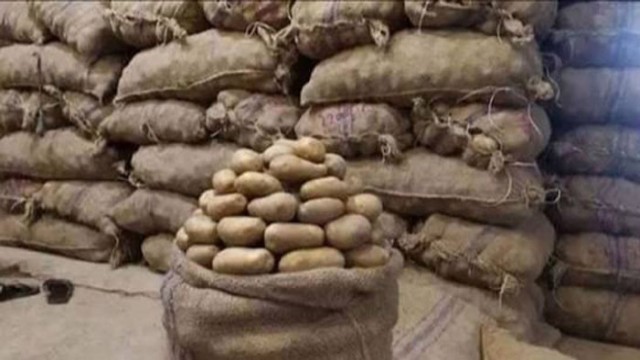
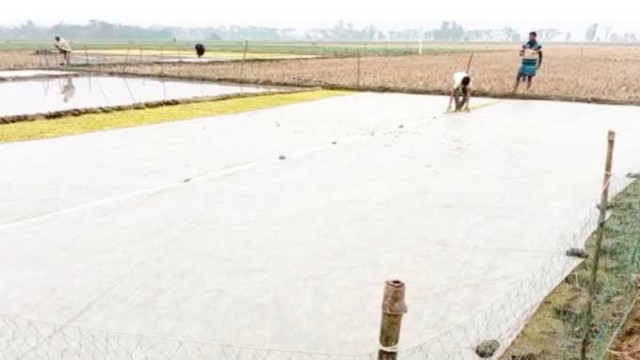
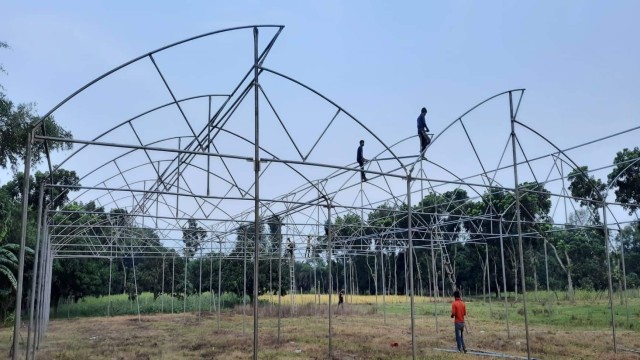
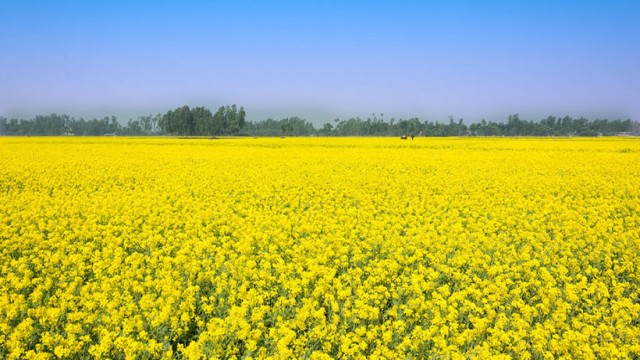
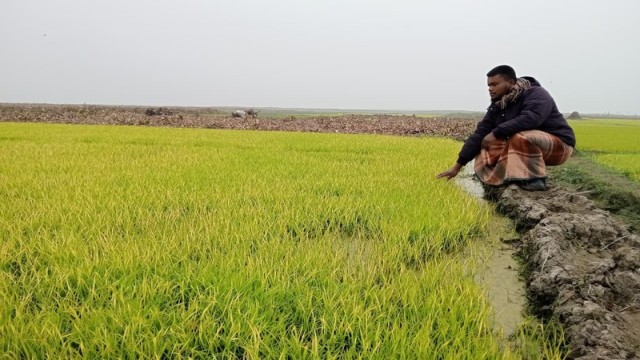
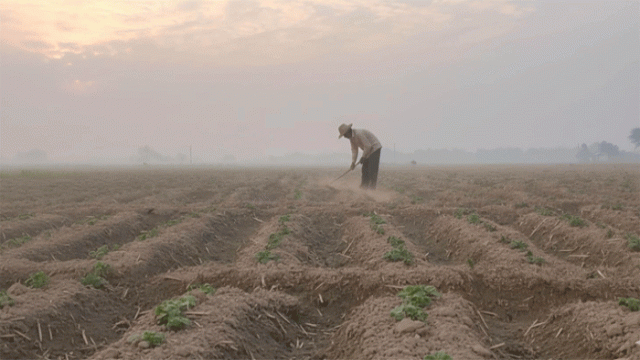





















Comment: